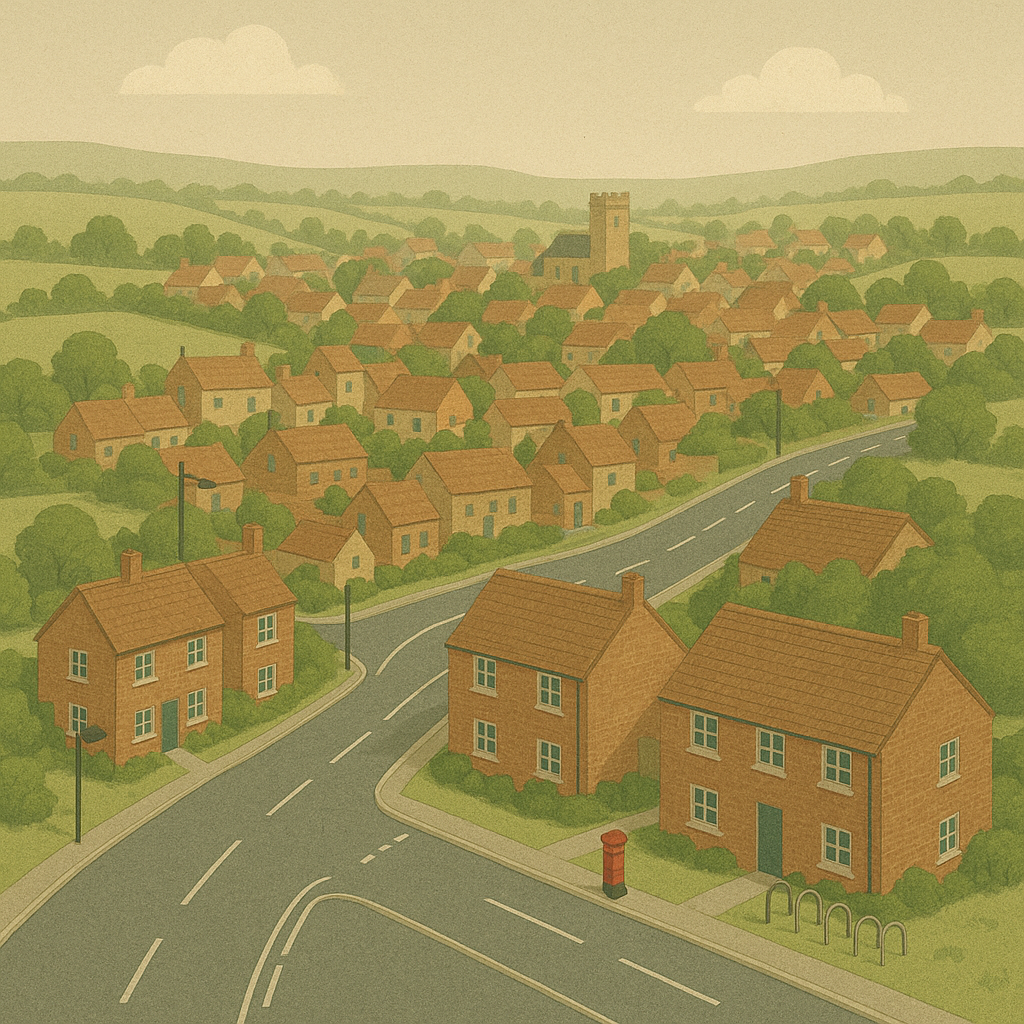Last week, Bryonny Goodwin-Hawkins, Janet Dwyer, Katarina Kubinakova and Aimee Morse travelled to Barcelona for the RUSTIK project’s Living Labs kick-off event.
RUSTIK aims to enable rural community actors and policy makers to design better strategies, initiatives and policies fostering rural sustainability transitions. CCRI is leading the Living Lab element of the project, which will see research and practice partners working together across 14 Pilot Regions to explore and better manage the socio-economic, digital and environmental transitions that they face. This methodology is an action-oriented, multi-actor approach.

The kick-off event comprised two days of workshops and a field visit to municipalities, a micro-brewery and an agro-tourism farm in the partner region of Osona, Catalonia. The programme was designed to provide direct experience of the facilitation techniques and participatory methods that partners will use in their own Regions to identify and tackle their policy, information and data needs – including narrative mapping, skill-sharing, interactive GIS and collating the expectations of multiple stakeholders.
Day one began in Sant Miquel de Balenya village hall: Bryonny launched the event and attendees began to explore their key transitions and consider the concept of ‘functional rural areas’. The morning also encouraged everyone to learn about available rural data and tools. At Sala Barcelo, lunch included barbequed calçot – sweet green onions grown across Catalonia and eaten with salvitxada (tomato and almond) sauce – and Catalan sausage.

The afternoon saw groups of Living Labs discussing their regions in more detail; allowing attendees to consider the similarities and differences between their own region and others in the project: a crucial starting point for many project deliverables. The day concluded with a walking tour of the old town in Vic, the regional capital, and dinner at a craft brewery.
On day two the group focused on next steps for the project, including thinking about why policy matters, establishing their region’s data needs, and setting up their Living Lab. Workshop sessions allowed attendees to learn about other partners in the project and share ideas for action in the months ahead.
“The meeting gave us a very rich insight into the huge diversity of Europe’s rural areas, from the frozen borderlands of North Karelia to the Atlantic fringe of Galicia and from Welsh hills to Bulgarian and Serbian mountain ranges” said Janet. “The enthusiasm, energy and creativity of our rural practice partners was wonderful: we in the CCRI team are really looking forward to working with them!”.
If you’d like to keep up to date with news from RUSTIK, you can follow the project on Twitter here. More information can be found on the project website.




